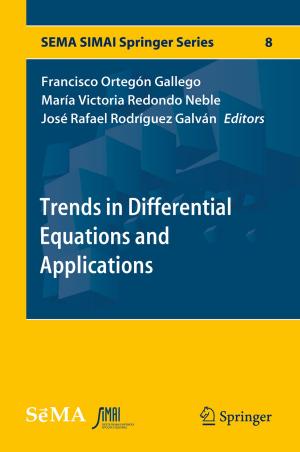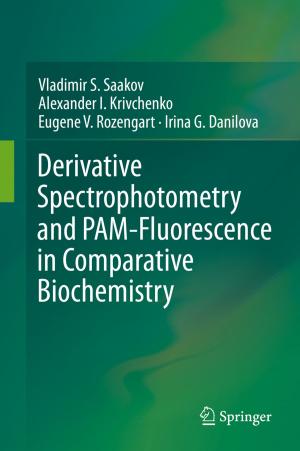Retarded Potentials and Time Domain Boundary Integral Equations
A Road Map
Nonfiction, Science & Nature, Mathematics, Differential Equations, Mathematical Analysis| Author: | Francisco-Javier Sayas | ISBN: | 9783319266459 |
| Publisher: | Springer International Publishing | Publication: | April 12, 2016 |
| Imprint: | Springer | Language: | English |
| Author: | Francisco-Javier Sayas |
| ISBN: | 9783319266459 |
| Publisher: | Springer International Publishing |
| Publication: | April 12, 2016 |
| Imprint: | Springer |
| Language: | English |
This book offers a thorough and self-contained exposition of the mathematics of time-domain boundary integral equations associated to the wave equation, including applications to scattering of acoustic and elastic waves. The book offers two different approaches for the analysis of these integral equations, including a systematic treatment of their numerical discretization using Galerkin (Boundary Element) methods in the space variables and Convolution Quadrature in the time variable. The first approach follows classical work started in the late eighties, based on Laplace transforms estimates. This approach has been refined and made more accessible by tailoring the necessary mathematical tools, avoiding an excess of generality. A second approach contains a novel point of view that the author and some of his collaborators have been developing in recent years, using the semigroup theory of evolution equations to obtain improved results. The extension to electromagnetic waves is explained in one of the appendices.
This book offers a thorough and self-contained exposition of the mathematics of time-domain boundary integral equations associated to the wave equation, including applications to scattering of acoustic and elastic waves. The book offers two different approaches for the analysis of these integral equations, including a systematic treatment of their numerical discretization using Galerkin (Boundary Element) methods in the space variables and Convolution Quadrature in the time variable. The first approach follows classical work started in the late eighties, based on Laplace transforms estimates. This approach has been refined and made more accessible by tailoring the necessary mathematical tools, avoiding an excess of generality. A second approach contains a novel point of view that the author and some of his collaborators have been developing in recent years, using the semigroup theory of evolution equations to obtain improved results. The extension to electromagnetic waves is explained in one of the appendices.















